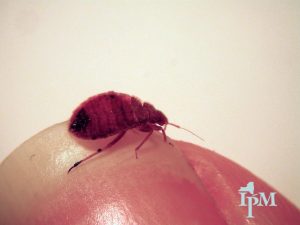 Schools across the world are having conversations about safely sending teachers, students, and the rest of the school staff back for face-to-face education during a global pandemic. These are vitally important discussions and plans need to adapt to new information. And this focus on school health and safety also provides an ideal, if unanticipated, backdrop for our rescheduled annual conference – School IPM 2020: Where We’ve Been and What’s Next.
Schools across the world are having conversations about safely sending teachers, students, and the rest of the school staff back for face-to-face education during a global pandemic. These are vitally important discussions and plans need to adapt to new information. And this focus on school health and safety also provides an ideal, if unanticipated, backdrop for our rescheduled annual conference – School IPM 2020: Where We’ve Been and What’s Next.
Covid-19 is an excellent example of a community issue that cannot be handled by school personnel alone. We have all been called to support the health of the community through social distancing, wearing masks, and handwashing. Our conference will focus on community-wide pest issues such as German cockroaches and bedbugs. There is simply no way for schools to prevent these insects from being reintroduced by students, school staff, and delivery trucks. How then, as a community, can we address these issues before they breach the school walls? And avoid the subsequent calls by some to close the building for pesticide applications?

The penultimate hitchhiker, bed bugs need to be dealt with at a community level.
Please join us on the mornings of August 11 and 18 as we hear from community and agency leaders – and you! – about efforts to provide healthy learning and work environments. We welcome your experiences and ideas as we use this momentum to address school pest issues now and into the future.
For the full agenda, registration, and pesticide recertification credit information, please visit https://nysipm.cornell.edu/resources/nys-ipm-conferences/school-ipm-2020-where-weve-been-and-whats-next/.




